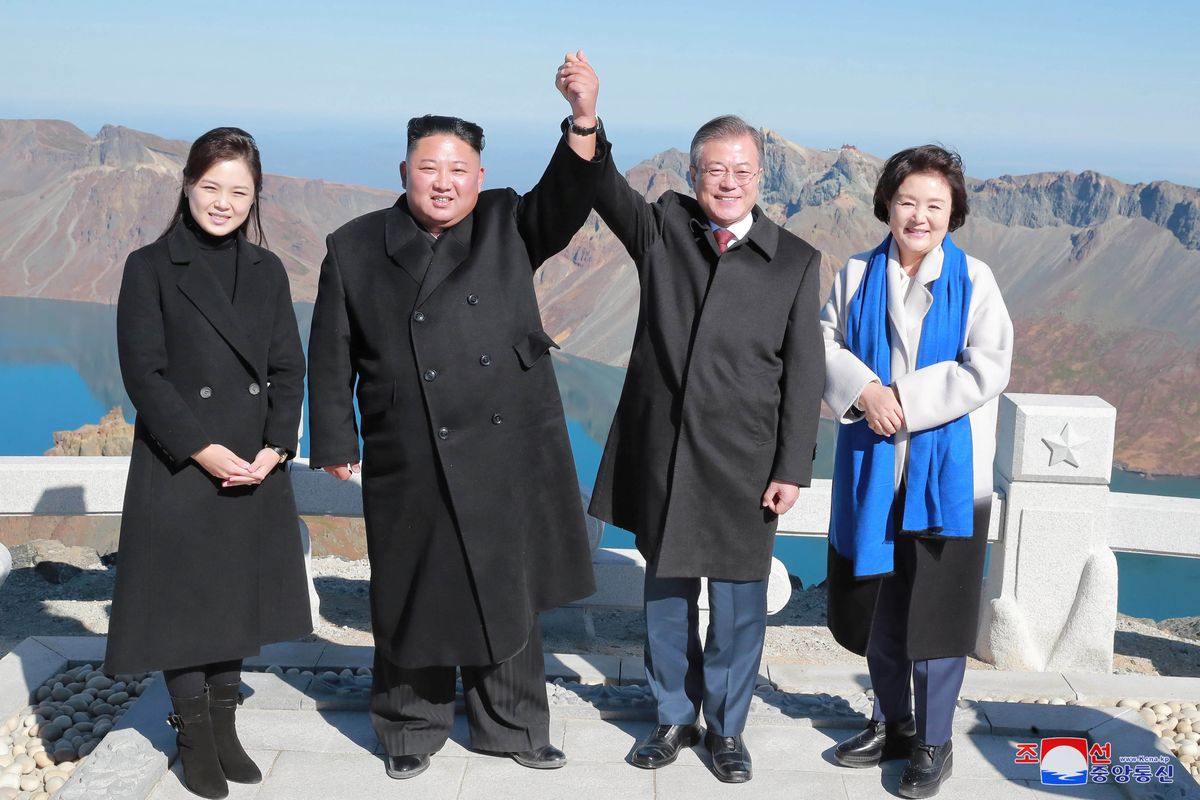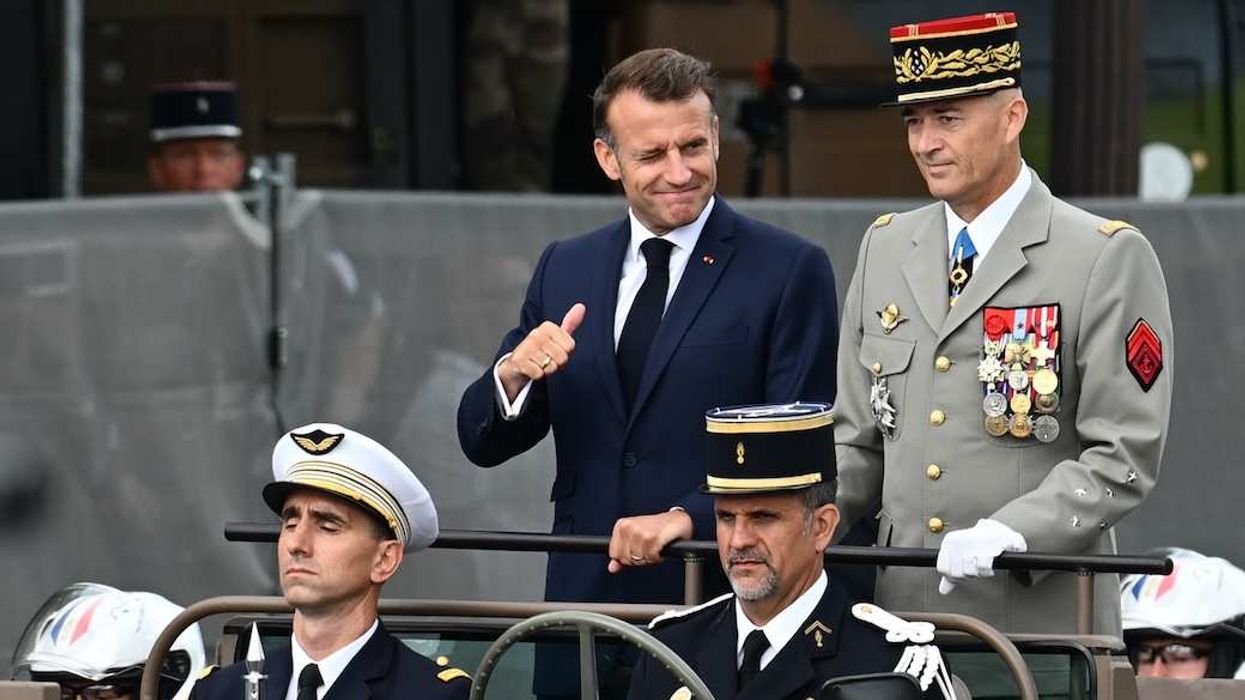This Friday morning, somebody is going to win the Nobel Peace Prize, and if you’re the betting type, chances are you think that somebody is South Korean President Moon Jae-in, possibly along with his North Korean counterpart Kim Jong-un. Donald Trump is also considered a favorite – even President Moon has said the US President deserves the award for helping kick-start the process that has led to a fragile détente along the 38th parallel.
Awarding the peace prize to any combination of these three men would be controversial to say the least. Granting it to Kim would mean giving one of the planet’s most ruthless despots one of its most coveted prizes. Giving the nod to Trump would imply an endorsement of his controversial America First foreign policy. And while all three leaders can claim some credit for this year’s diplomatic opening, the work remains unfinished. The thaw is tentative and there is a long way to go between here and the goal of denuclearizing the Korean peninsula.
Not that the Nobel committee is above awarding people for unrealized accomplishments: Yasser Arafat, Shimon Peres, and Yitzhak Rabin won in 1994 for opening the way to a Middle East peace that never materialized. Another South Korean President – Kim Dae-jung – won in 2000 for an earlier effort at rapprochement between North and South that didn’t last. And who could forget that in 2009 the committee bestowed it on the recently-inaugurated (and somewhat bemused) US president Barack Obama for, well… just being Barack Obama.
Here’s another idea: the Nobel committee could look beyond the headline-grabbing choices in favor of a candidate few people have heard of. That’s also happened before. Think of Shirin Ebadi, Iran’s first female judge and a longtime advocate for women and children’s rights, who got the nod in 2003. In that case, the committee was hoping the award would “reduce tensions between the Islamic and Western worlds” and signal support for Iranian reformers. In addition, the International Campaign to Abolish Nuclear Weapons, the Intergovernmental Panel on Climate Change, and Médecins Sans Frontières are among the international organizations awarded the peace prize in recent years to highlight their diligent, largely behind-the-scenes work on some of the world’s most pressing problems.
The refugee crises unfolding in North Africa, the Middle East, Europe, and parts of South and Central America, the conflicts in Syria and Yemen, and transnational issues like cybersecurity are creating new challenges to peace. And there are plenty of people and organizations doing their best to help that would benefit from the added political heft and fundraising clout that a Nobel Peace Prize can bring.
Honoring the quiet professionals who work largely outside the limelight on one of these issues would be a strong political statement at a time when it’s increasingly difficult to distinguish global politics from reality TV. And it might encourage more young people to learn about and take up the difficult work of making the world a safer, more peaceful place.


















